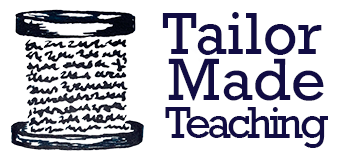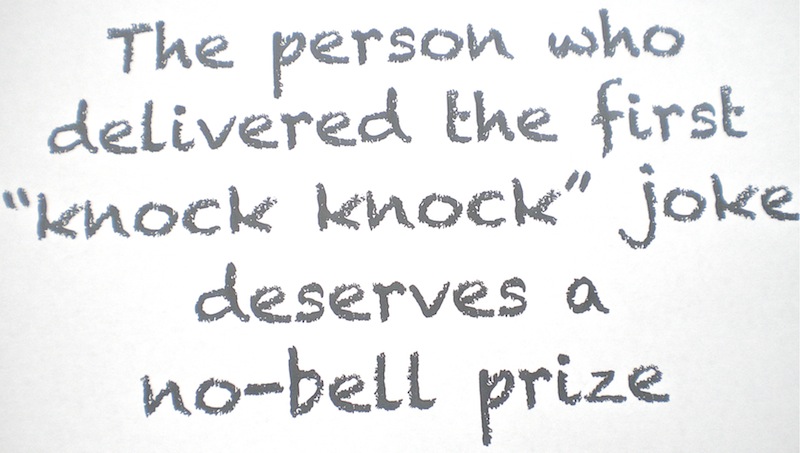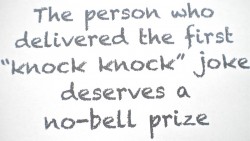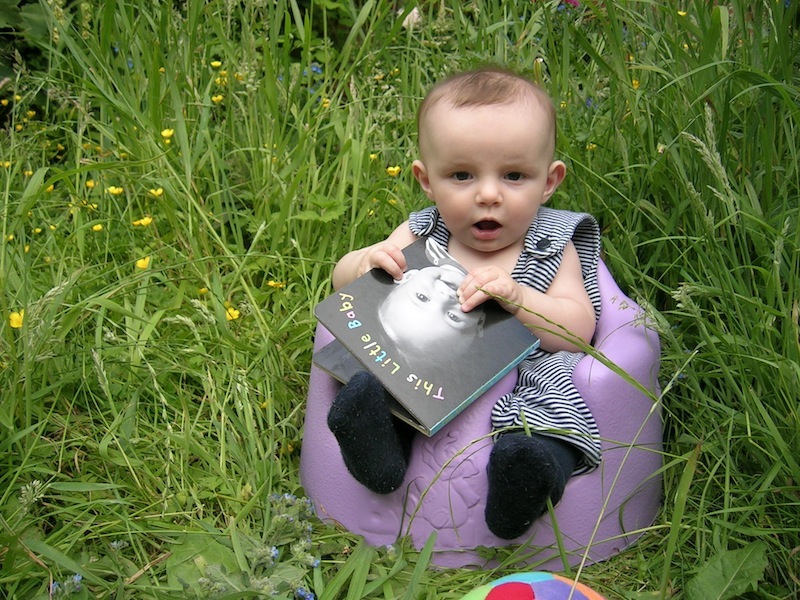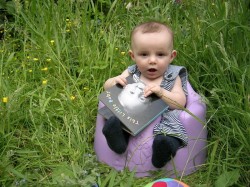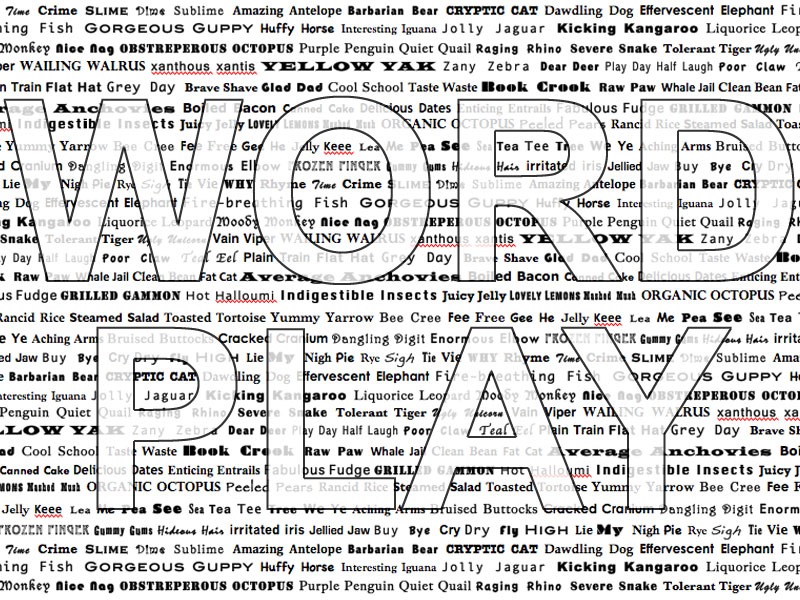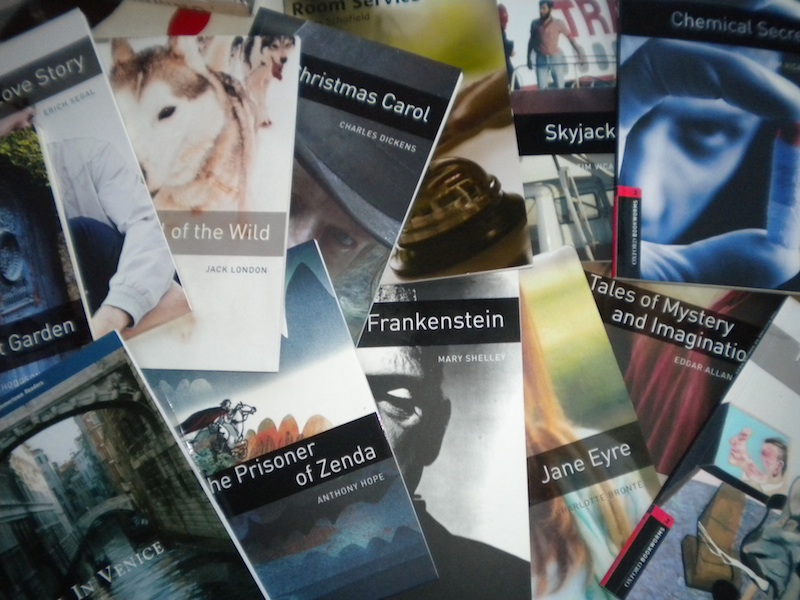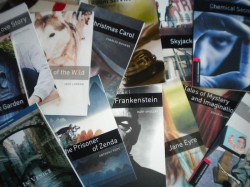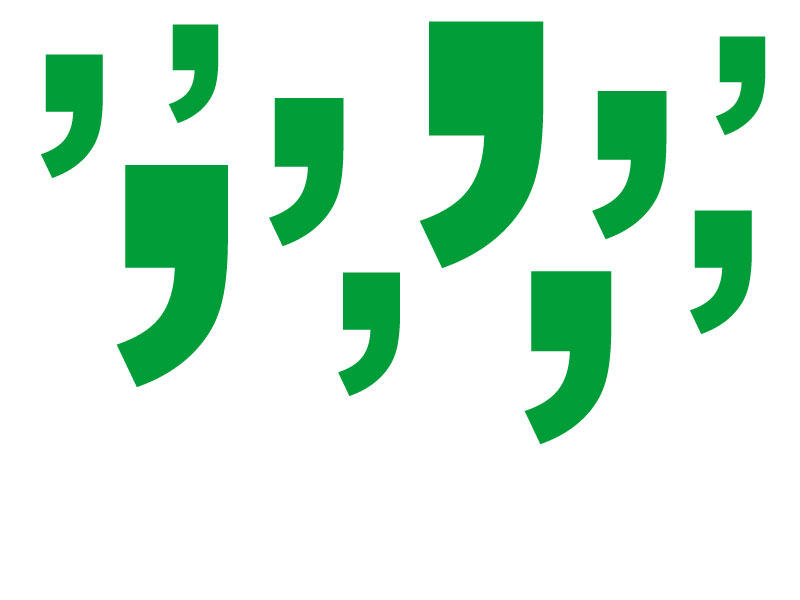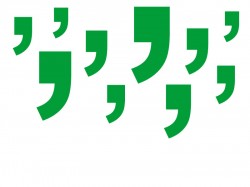 When I completed my CELTA (the initial training course for EFL teachers) and considered all the places in the world I wanted to travel to and teach in, I faced some, half-joking, accusations that what I was about to do aided some covert imperialist agenda. Was I a modern-day missionary, an ELT evangelist preaching Received Pronunciation, sermonising about sentence structure, bearing witness to SVO word order? Was I an unwitting foot soldier in the building of a new English Empire, annihilating native languages, crushing cultures, promulgating Western capitalist ideals?
When I completed my CELTA (the initial training course for EFL teachers) and considered all the places in the world I wanted to travel to and teach in, I faced some, half-joking, accusations that what I was about to do aided some covert imperialist agenda. Was I a modern-day missionary, an ELT evangelist preaching Received Pronunciation, sermonising about sentence structure, bearing witness to SVO word order? Was I an unwitting foot soldier in the building of a new English Empire, annihilating native languages, crushing cultures, promulgating Western capitalist ideals?
Read more
